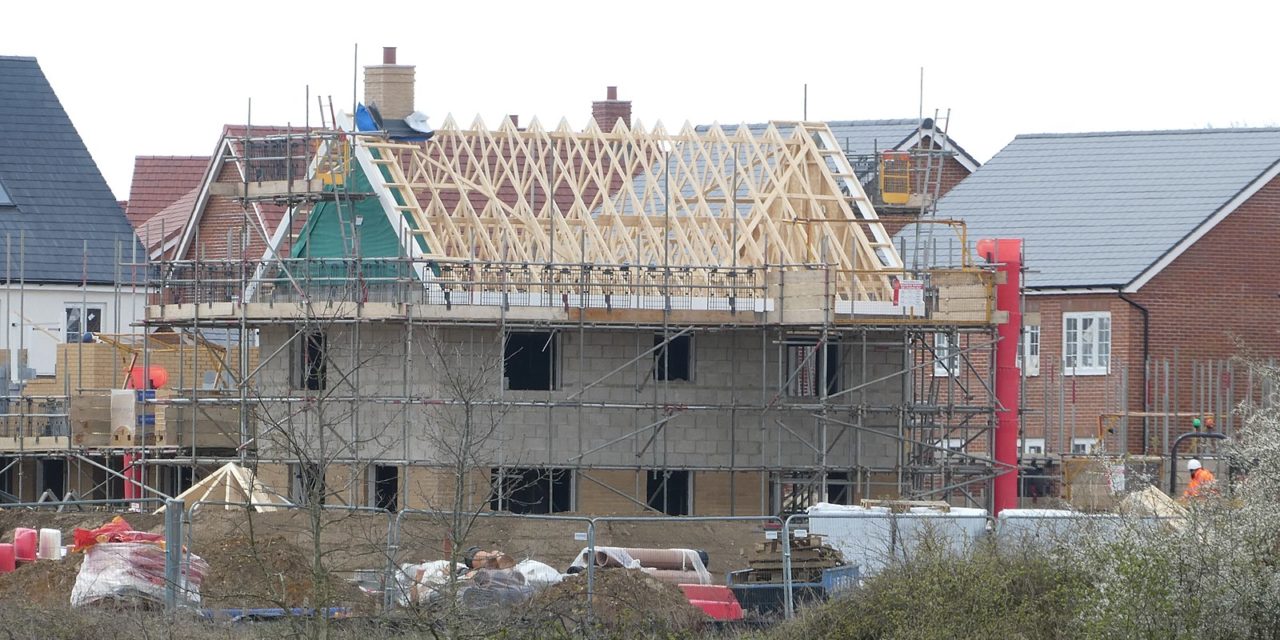Planning and business rates reform were the missed opportunities in Chancellor Rishi Sunak’s Budget last week, according to some of our Thames Tap Valley Voices.
We asked out expert panel for their thoughts on how the measures announced on October 27 will affect the property sector. Responses were mixed but missed opportunities were particularly noted, while there was positivity around some of the investments announced.
Philip Waddy, managing director of multi-disciplinary architectural, planning and design consultancy WWA, said: “Sunak’s Budget refers to levelling up and investing in growth to ‘Build Back Better’. He also refers to strong public services being crucial to the Government’s levelling up ambitions.
“Sadly, nothing about reforming the planning system, which is crucial to accelerating growth. If Government are unwilling to tackle reform in planning, then at the very least, they must direct funding to ensure the existing system functions effectively. Currently it doesn’t.
“Disappointing lack of commitment to the challenge of achieving zero carbon in the built environment. The building regulations are lagging way behind technology available today to reduce energy use in new construction.
“More importantly, there was nothing in the Budget to assist retrofitting the millions of existing energy hungry UK homes. With COP 26 taking place, that was particularly disappointing.
“Additional funding for affordable homes and for brownfield development is welcomed but not nearly enough to meet social housing needs.”
David Jones, managing director of Evans Jones, argued that measures announced offer too little detail and do not address the major reform needed in the planning system.
He said: “The Government has pledged an extra £1.8bn to bring 1,500 hectares of brownfield land back into use. There is £300m locally-led grant funding for councils to unlock smaller brownfield sites for housing and the £11.5bn Affordable Homes Programme.
“The additional support and spending is applauded, although, as with most Government funding announcements, the headline figures will be a mix of new and previously-pledged funding.
“The £65m for digital systems for councils to improve planning, while welcome, doesn’t address the issue of reform.
“In isolation, the changes are unlikely to generate significant traction in redevelopment of brownfield sites. Planning polices remain skewed against them and, until we see meaningful change to the system, this will not deliver upon Government aspirations.
“Funding is welcomed but this alone will not address issues which conspire to make brownfield sites unviable.”
Mr Jones has written further on the announcement of a four per cent cladding levy on developers.
Andy Jansons, managing director of Jansons Property, commented on the 50 per cent business rate discounts for the retail, hospitality and leisure sector sectors and lack of business rate reform.
He said: “It seems this Budget has missed an opportunity for business rate reforms. Although the discount for the retail, hospitality and leisure sectors is generous, current business rates across all sectors are retrospectively based on rental rate assessments from three to four years ago.
“As rents have fallen in value by two-thirds since then, a business rate reform would have been a way to fill the empty buildings currently occupying high streets.
“A rejuvenation of the nation’s town and city centre high streets is sorely needed to unlock investment and encourage footfall into these areas if they are to recover from the pandemic. And keeping business rates at the pre-pandemic level will only make this more difficult and encourage businesses to move away from the high street.”
Karen Jones, partner and head of planning & environmental law at Blandy & Blandy, said: “My eye was caught by the promised new grant funding to local government worth £4.8bn over the next three years, apparently the largest increase in core funding for over a decade.
“Working with local government officers quite often, I know how squeezed local government has been over the last decade and the enormous pressure under which they work. More money can only be a bonus.
“Also of note is the £11.5bn to build new affordable homes. It will be interesting to see how those funds are put to use.”
Michael Righton, managing partner for the Thames Valley office of Rider Levett Bucknall, saw the balance of the announcements offering a positive overall note.
He said: “The Chancellors budget strikes a positive tone against a recent period of challenge and uncertainty – such positivity being bolstered by the OBR’s forecast that the UK economy will regain its pre-pandemic size by the end of 2021 and moving into 2022.
“The construction, property and infrastructure sectors will continue to be an enabler, influencer, driver and beneficiary of many of the key principles that were outlined in the Budget but what resonated most is the opportunity, if not obligation, for our industry to be at the forefront of the proposed investment in growth through innovation, infrastructure and skills, so that long-term economic, societal and environmental benefits can be truly achieved.’’
Image: Sebastiandoe5, CC BY-SA 4.0 <https://creativecommons.org/licenses/by-sa/4.0>, via Wikimedia Commons.
© Thames Tap (powered by ukpropertyforums.com).
Sign up to receive your free weekly Thames Tap newsletter here.


















